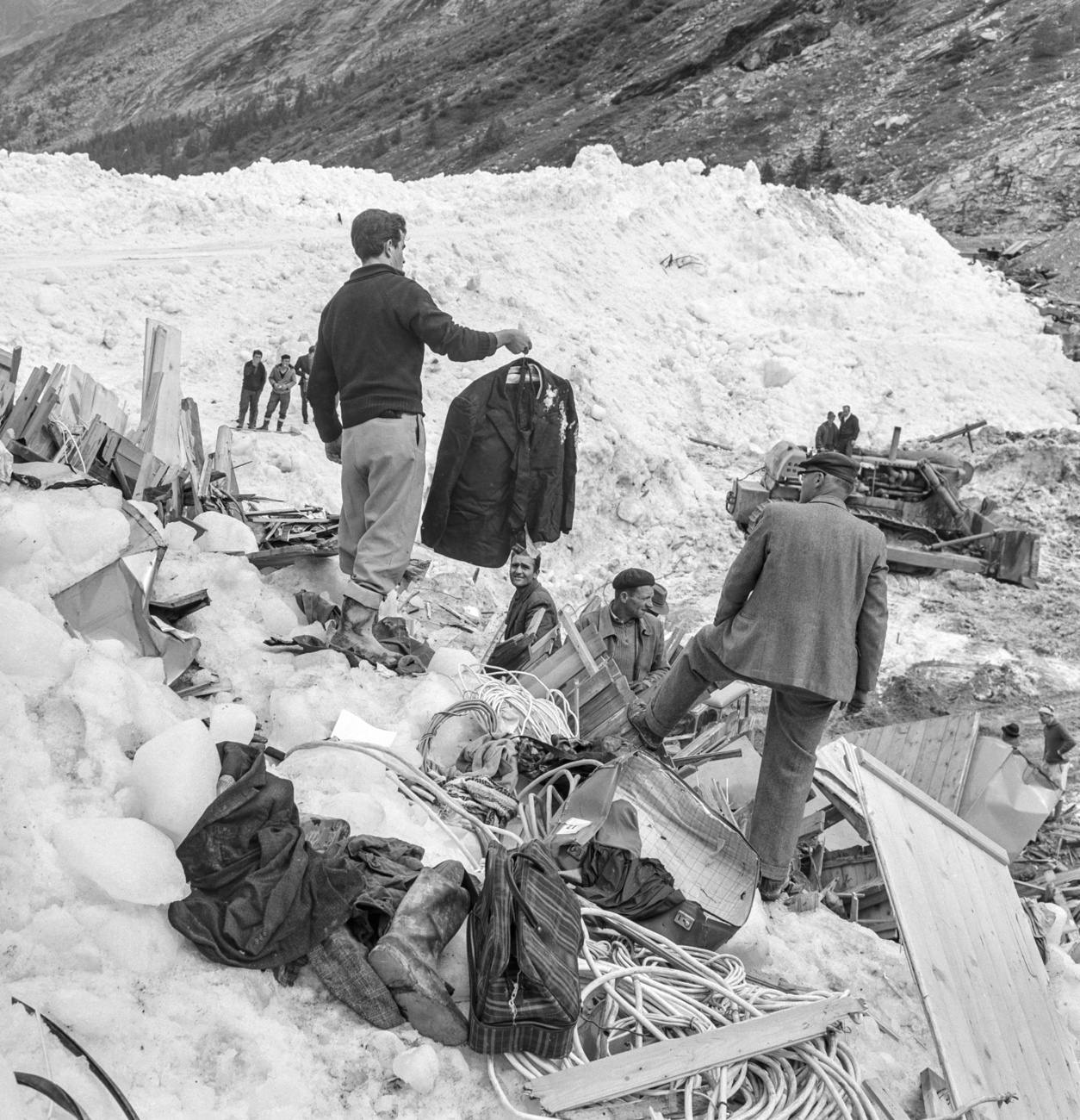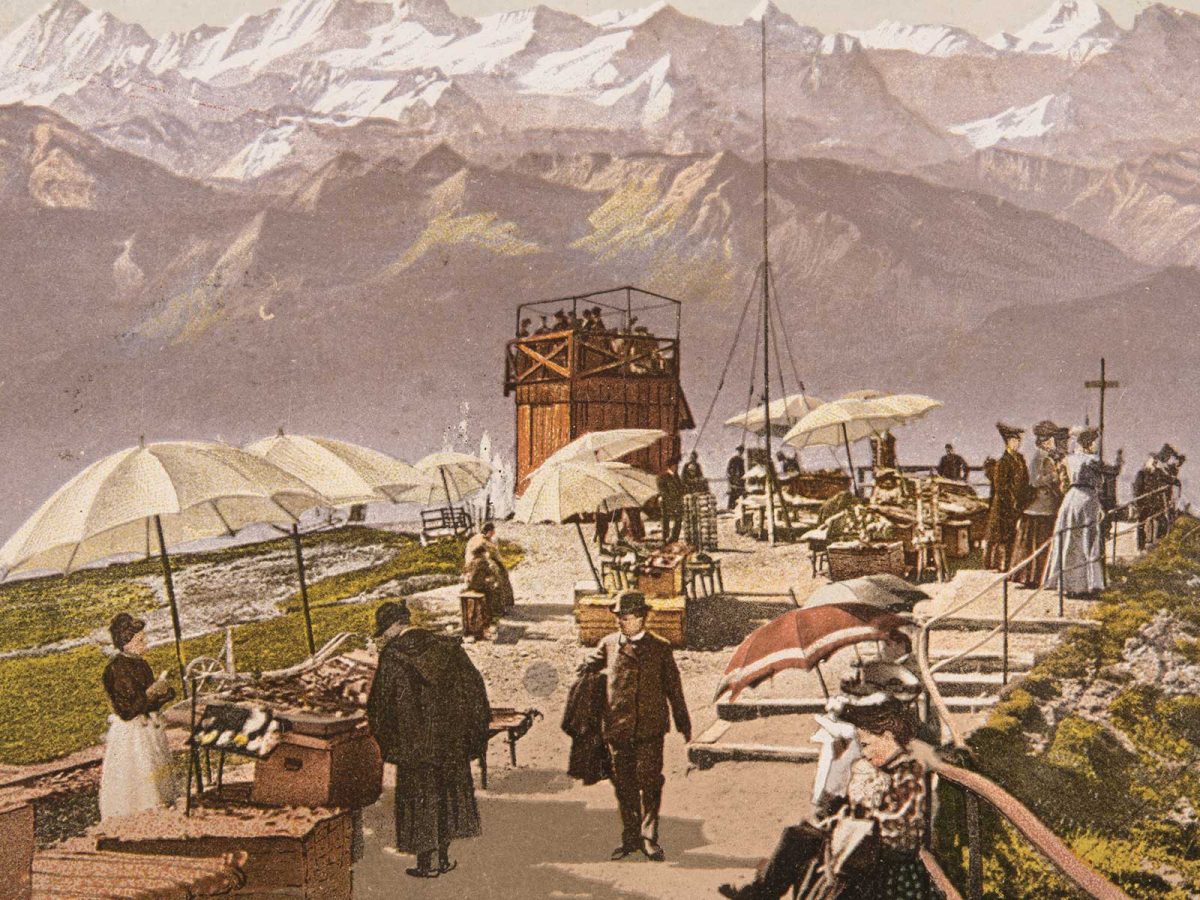
The lure of the old country

Switzerland has become a prime destination for Argentinians desperate to flee their country's economic crisis.
Many descendants of Swiss emigrants to Argentina are applying for Swiss citizenship – but the door is only open to applicants under the age of 32.
Some 14,800 Swiss citizens are currently registered at the Swiss embassy in Buenos Aires, but there are an estimated 100,000 people of Swiss descent living in the country.
The embassy receives many requests for Swiss citizenship from young people, keen to find work in affluent Europe.
Those with Swiss passports are advised to look for work in the online jobs pages of Swiss newspapers, before travelling to Switzerland.
They are also warned that they will need to speak at least one of the national languages.
Bettina Heldner, a 26-year-old from San Jeronimo Norte near Santa Fé, is one of the lucky ones who managed to get a Swiss passport.
Her grandfather was one of the 40,000 Swiss who emigrated to Argentina between 1850 and 1940, lured by the promise of large parcels of free farmland.
Lucky break
She now works as a chambermaid at the Hotel Touring in Naters in canton Valais. Bettina spotted her chance after watching the Swiss television news programme, “10 to 10”.
Suzanne Imhof, the hotel’s owner, was watching a report about the recession in Argentina, when she saw her old school friend, Marie Thèrese Heldner (no relation) being interviewed.
Heldner was consul general at the Swiss embassy in Buenos Aires at the time, and was trying to help young Argentinians find work in Switzerland.
Imhof rang her friend to offer work in the hotel to the first taker. The consul general passed on the news to Bettina and the deal was done.
Bettina turned to the Swiss embassy for help because of financial difficulties at home.
Having been laid off by the chemical laboratory where she worked as a technician, she had found temporary, part-time work as a secretary, but her meagre wages barely covered her upkeep.
Fresh start
Bettina knew she was over-qualified for the cleaning job in Naters, which offered the minimum salary.
But her board and keep were included in the package, enabling her to send money home to support the family in Argentina.
It was a chance she felt she could not miss. “I don’t mind being a chamber maid, a waitress, or a laboratory technician. As long as the work is respectable, I can keep my dignity,” she told swissinfo.
When her friends and acquaintances found out that Bettina was leaving for Switzerland, they asked her to help find them similar jobs.
“On the day I travelled to Switzerland, there were more than 30 young people leaving as well to find work in other countries.
“It makes me wonder what Argentina’s politicians are doing for young people. They all need to have a future, to have prospects, and Argentina cannot give them this. They will probably never come back.”
Revisiting Zeneggen
I joined Bettina on a crisp autumn day, as she took a break from work to visit the tiny village of Zeneggen, where her grandfather was born.
We climbed the hill to the highest point of the village, with a breathtaking view of snow-capped mountains and the lush valley below, dotted with wooden chalets.
Women were raking up the hay, just as they would have done one hundred years ago.
It was easy to imagine what life would have been like for her grandfather’s family here, the hardships of subsistence farming and the joy at being surrounded by such scenic beauty.
For a moment, Bettina’s homesickness faded away. “If Switzerland – my second home – gives me a chance to stay, I will gladly take it,” she told me.
“But Argentina will always be my homeland, in the same way as Switzerland remained my grandfather’s homeland.”
swissinfo, Julie Hunt
One in five people is out of work in Argentina.
Half of the country’s 36 million inhabitants are reportedly poverty-stricken.
14,781 Swiss are registered with consular districts in Argentina.
Over 100,000 Argentinians are descendants of Swiss emigrants.
70 per cent of the 6,000 inhabitants of San Jeronimo Norte are Swiss.
Bettina Heldner is one of many young, educated people, who have given up hope of a future in crisis-ridden Argentina.
Her grandfather was among a group of poor Valais farmers who emigrated to Argentina last century in search of a better life.
Now the trend has been reversed – descendants of Swiss emigrants are returning to the homeland in search of work.

In compliance with the JTI standards
More: SWI swissinfo.ch certified by the Journalism Trust Initiative





































You can find an overview of ongoing debates with our journalists here . Please join us!
If you want to start a conversation about a topic raised in this article or want to report factual errors, email us at english@swissinfo.ch.